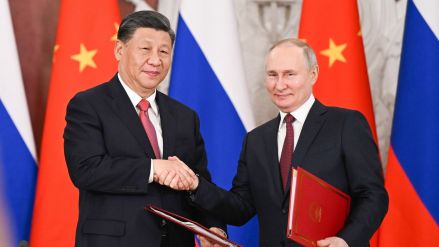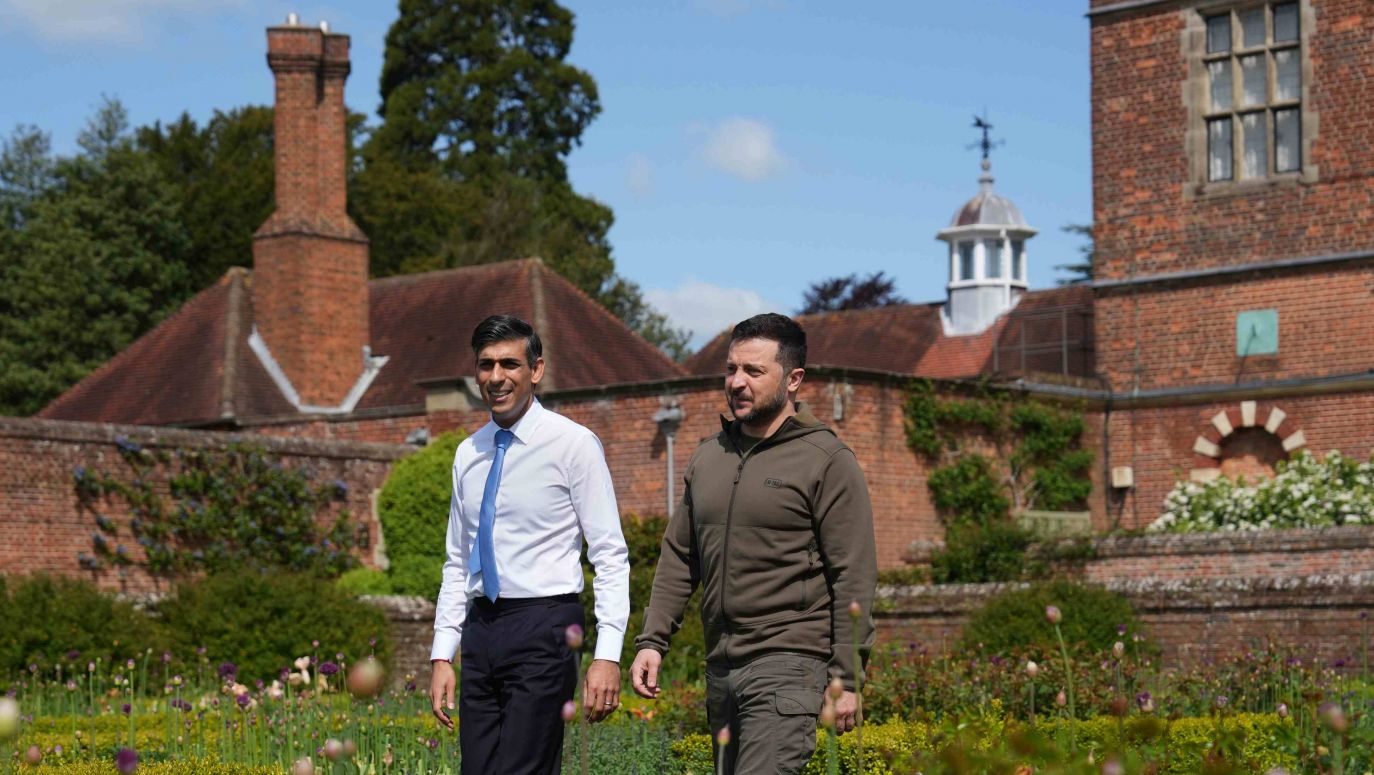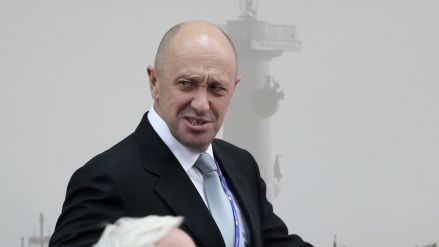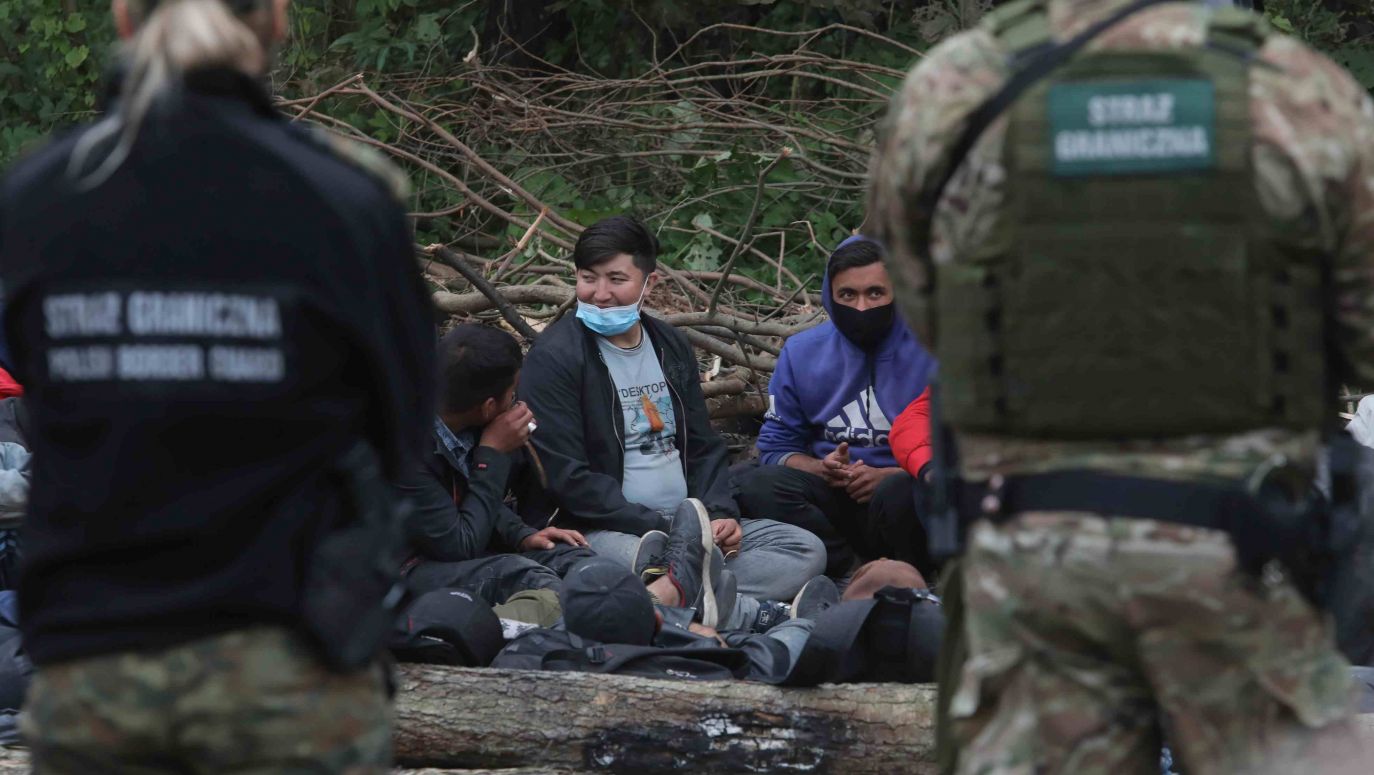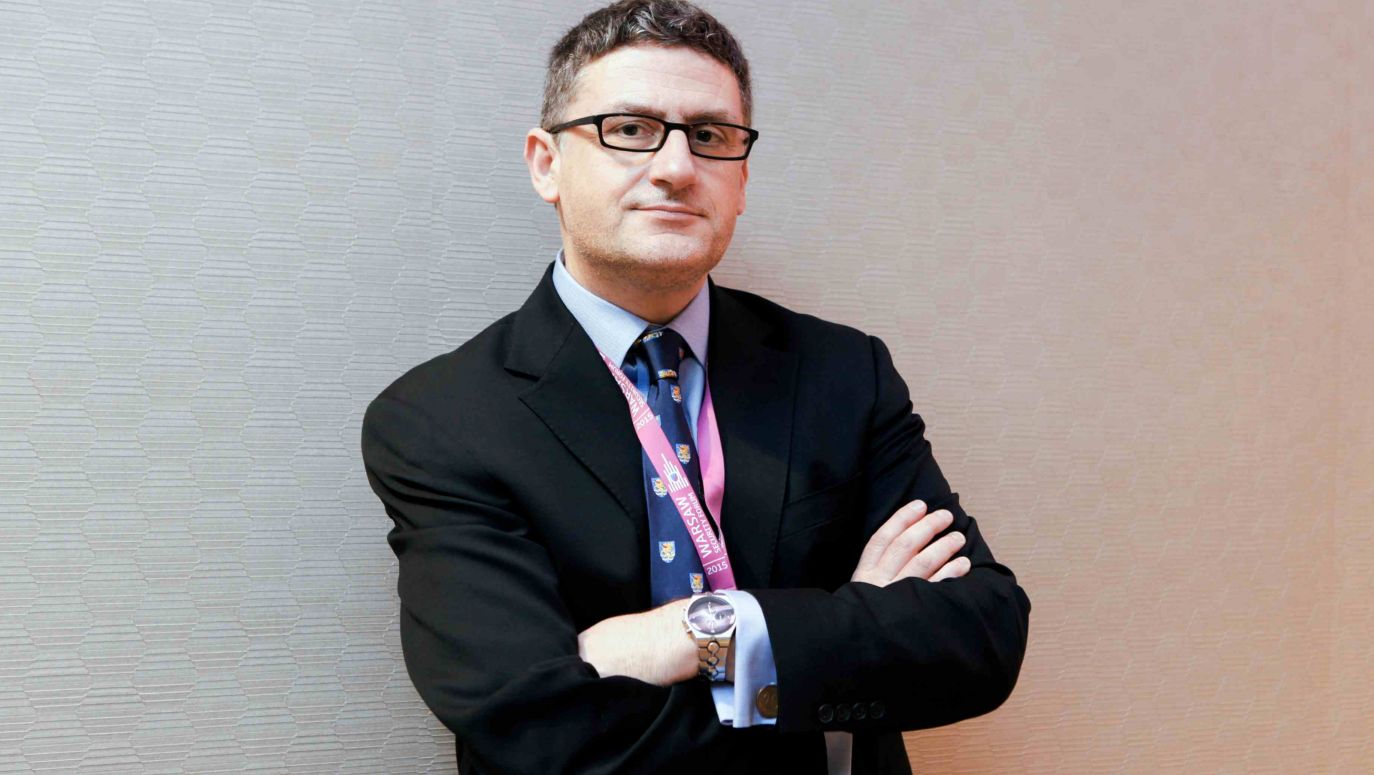Anyway, the deal with the gangsters is quite effective. Just look at the Polish-Belarusian border.
There was a point when Lukashenka really wanted to make trouble for Poland and the West. The Russians were very happy to help him do that. And then there was this sudden wave of migrants pouring across the border. That was a particular tactic at a particular time. I don't see any reason to believe that if they see another opportunity that they think is useful, they'll not take it. However, it has to be said that Poland has responded very robustly to both Belarus and Russia and has taken a whole range of measures to protect itself. For example, the Polish police are taking preventive action against organised crime groups that aren't only Russian but also simply connected to Russians, because that is often the crux of the matter. After all, it's not really Russian gangsters who are selling drugs on the street, but local gangsters. But where do they get their drugs? Ultimately, it's the Russians who are procuring them. So these are the people that we have already seen Poland proactively target to try to limit Russia's scope to use them as instruments. But yes, the Russians will continue to look for opportunities that come their way.
And if you think about it, Lukashenka in Belarus is still trying to maintain his independence as much as possible. He's not a total puppet of Moscow, but he has to compromise. We've seen, for example, that he didn't want to use his army in Ukraine because the military is very, very much against it. Instead, he offers his training camps so that Russian troops can be trained in Russian bases in Belarus and attack across the border,. So that is sort of a constant compromise. So I think that in this situation, if Putin is asking Lukashenka to do something that would be short of an NATO Article Five reason for war, I can't imagine Lukashenka would say no.
A harrowing experience is how several dozen hackers divided societies in the West.
I think that's how these campaigns work. There is no magic mind control that can change someone who was hostile to Putin to a fan. What they do, rather, is seek out existing fault lines within societies and between countries and try to reinforce them, radicalize them, in a way. This is a problem that we all face, particularly because where the Russians go today, somebody else could go tomorrow, the Chinese or whoever. It is not a technique unique to Russia. It is just that the Russians are particularly active in this right now. So they are going to try to do everything they can to increase the tensions that exist. For example, those who say, oh, my God, we have to force the Ukrainians to make peace because we are afraid that we are going to be dragged into a war, look at what happened when that missile hit a village near the border. It could be worse than that. Or those who are worried about Putin's nuclear rhetoric. People who have long been anti-American and tend to believe that CIA is the root of all evil. Such people also tend to believe that the Ukraine problem was created by the expansion of NATO and all this other nonsense.
The Russians just want to cause trouble. They want to create division. In the United States, they like to support the most extreme ends of the Black Lives Matter movement, just like they support the most extreme ends of the white supremacist movement. They do not care about the actual causes at all. This is a completely ideology-free campaign: left or right, anarchist or authoritarian, secessionist or statist, they will simply support anyone who helps open up some of the fault lines that we find in the West.
Because what I see as our strength, which is the fact that we are a collection of democracies, they see as our weakness, and that is in some ways the battleground on which they hope to do this, because that is the only way Putin can win in Ukraine. If he succeeds in catching the West off guard and breaking our will to continue to support Ukraine, then Ukraine will be in trouble. So I believe that he will not win the war on the battlefield. If he wants to win it, he has to win it in the West.
We know what the Prigozhin movers and shakers have done in Europe, but perhaps we aren't aware of how they influence public opinion in third world countries?
It's surreal in some ways how Russia is portraying its war in Ukraine, a thoroughly imperial war, as an anti-colonial, anti-imperialist war, saying, ''The Americans used the Ukrainians to try and bring us to our knees and accept their rule, and we're fighting back.'' In many countries that have had their experience of colonialism at the hands of the British, the French, the Dutch, or whoever, and who see the Americans as economic imperialists, it's easy to see that this is actually a tempting line of argument.
We're at a time when the developing world, the global South, is starting to really connect to the Internet. Cheap smartphones are starting to proliferate, they're being used for micropayments and all sorts of other things. And the Russians are using this as an opportunity. So on the one hand, they're doing business with authoritarian rulers to sell them cheap energy or guns, but at the same time, they're also trying to reach out to the grassroots population and spread their own toxic propaganda through social media. So in that regard, while there will still be room for old-fashioned wars, the interconnectedness created by the Internet, which now spans the entire planet, provides all kinds of dangerous opportunities for different kinds of conflicts and wars. And that was sort of the real point of this part of the book.
– interviewed by Cezary Korycki
TVP WEEKLY. Editorial team and journalists
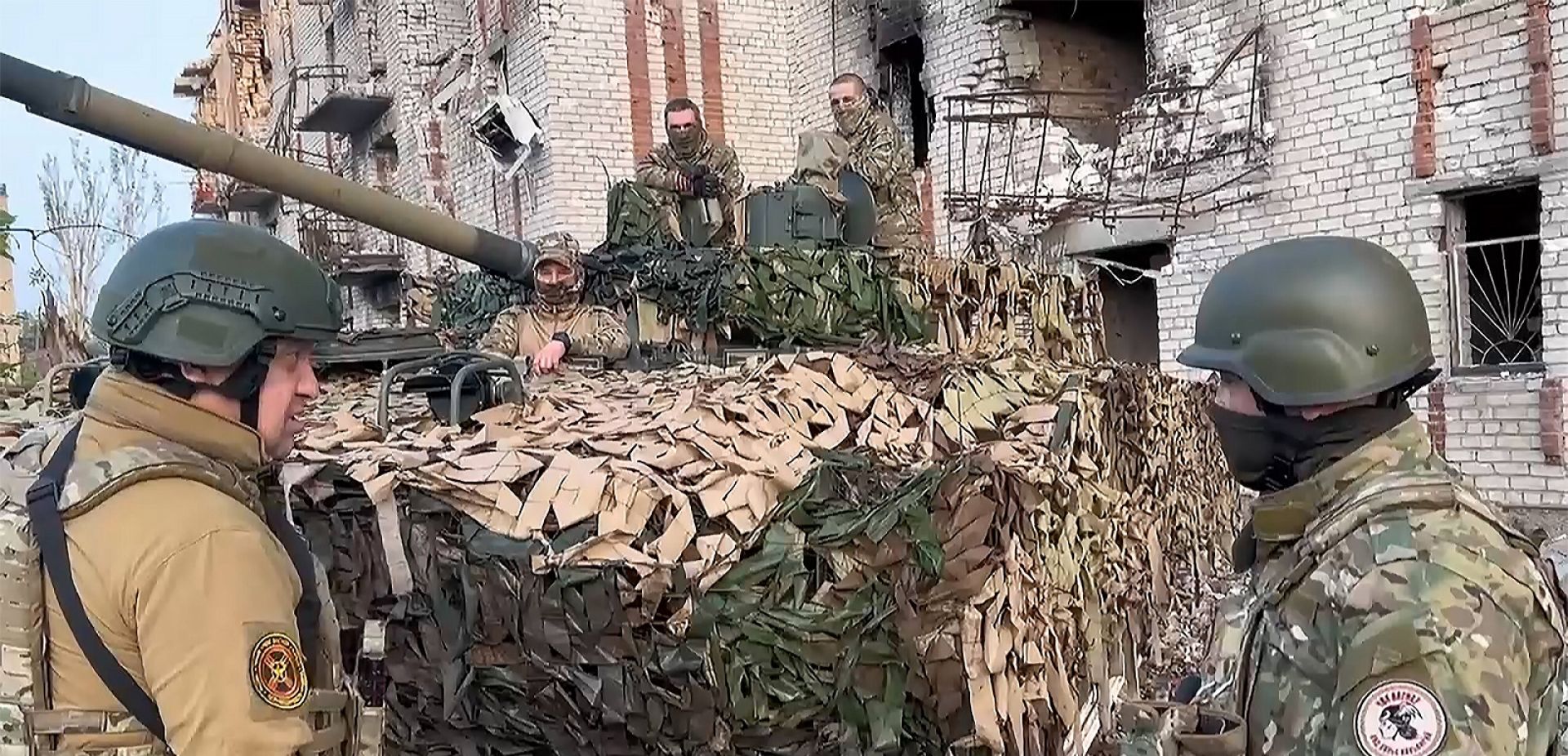
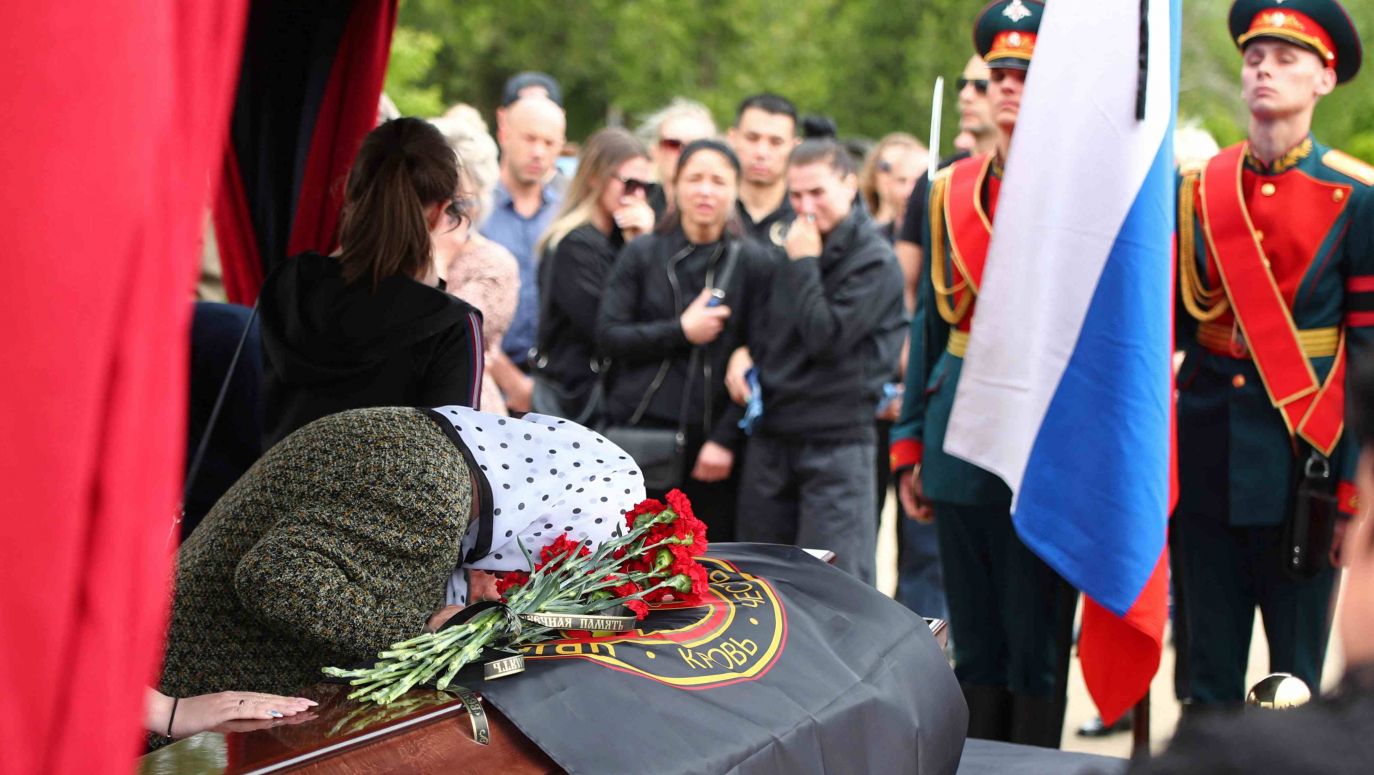
 SIGN UP TO OUR PAGE
SIGN UP TO OUR PAGE 
